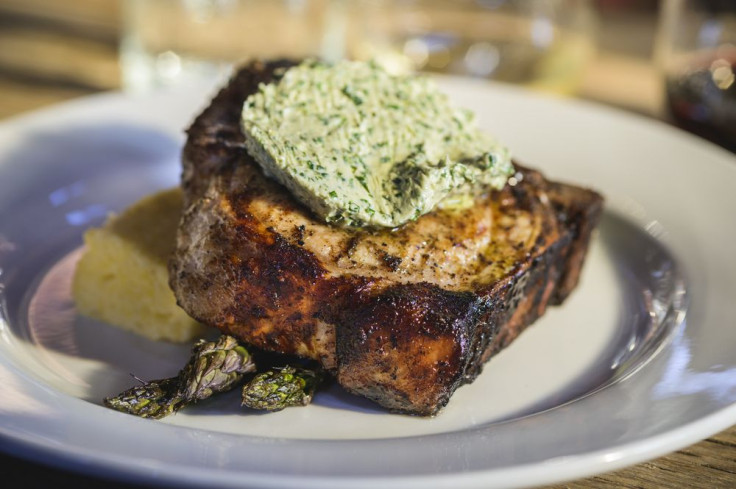Expensive Food Tastes Better, Even When It's Not: Optimizing The Buffet Experience

Anyone who’s ever looked for restaurant reviews online knows too well that restaurants marked with “$” are cheaper than those with “$$$.” For the most part — at least in our minds — it’s indicative of not only a more luxurious dining experience, but also better food quality, assuming you skipped the actual reviews. That upscale place is exactly where you want to take someone on a special night, because the food will blow them away, right? That’s what they’ll have you believe, and you’ll fall for it too, according to a new study, which found that we perceive more expensive food as tasting better, regardless of its actual quality.
“We were fascinated to find that pricing has little impact on how much one eats, but a huge impact on how you interpret the experience,” Dr. Brian Wansink, a professor at the Dyson School of Applied Economics and Management at Cornell University, said in a press release. “Simply cutting the price of food at a restaurant dramatically affects how customers evaluate and appreciate the food.”
They say “you pay for what you get,” which, in these instances, may only be the placebo effect. The researchers discovered this after offering 139 customers either a $4 or $8 all-you-can-eat buffet — reasonably priced, either way — at an Italian restaurant in upstate New York. At the end of their dinner, the diners were asked to complete a survey on their experience, rating their first, middle, and last taste of the food, both of which were the same, on a nine-point scale, according to Medical News Today.
On average, the diners who ate the more expensive meals rated their food 11 percent higher than those who ate the cheaper food. And in what was probably a comical twist for the researchers, those who ate the cheaper meals were most likely to think they overate and felt guilty about doing so, while also saying they liked the food less and less with each subsequent survey. “We were surprised by the striking pattern we saw,” Ozge Sigirici, a researcher at Cornell University’s Food and Brand Lab, said in the release. “If the food is there, you are going to eat it, but the pricing very much affects how you will evaluate the restaurant.”
The findings offer yet another food “hack,” brought to you by Wansink and his colleagues. The researchers said that people looking to optimize their experience should go to the most expensive buffet they can afford. “You won’t eat more, but you’ll have a better experience overall,” Wansink said.
Other research from Wansink has looked into how the buffet experience affects our eating behavior — there has been concern that all-you-can-eat buffets contribute to obesity. But one study, for example, found that more than 85 percent of people who ate at a buffet chose more fruit when it was offered at the beginning of the line. Another one found that people who attended buffets with trays in hand were enabled to carry a main dish, and a salad, as opposed to only a main dish. One study Wansink conducted, which can apply to at-home eating too, found that plate size can also affect a person’s habits. People who ate from smaller plates were just as likely to get full, even though they were eating less.
Source: Wansink et al. Lower Buffet Prices Lead to Less Taste Satisfaction. At The Experimental Biology Meeting. 2014.



























